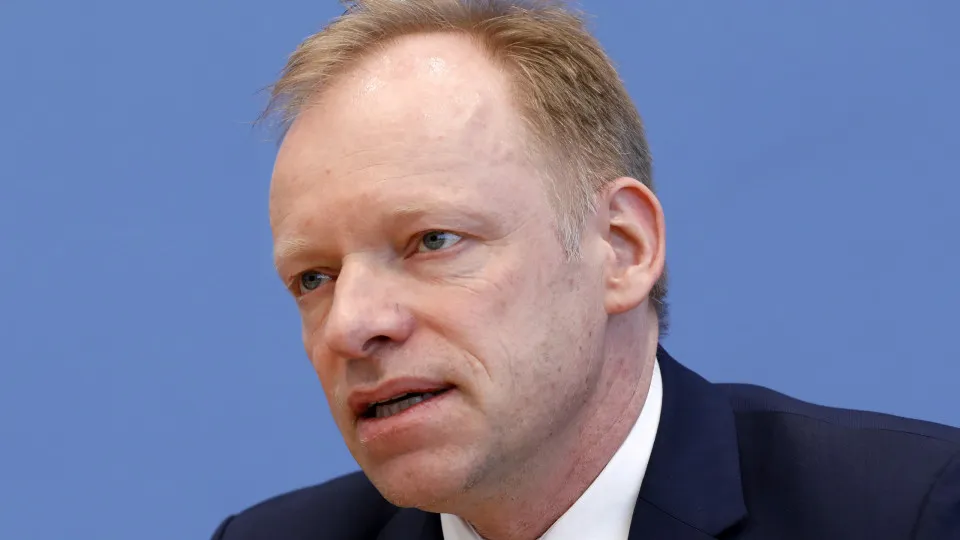
“Millions of citizens are already witnessing their standard of living decline,” stated Fuest in an interview published in today’s edition of Bild, where he warned that Germany is threatened by “Italian circumstances,” a term referring to a “25-year depression,” according to the German newspaper.
“Germany has been experiencing economic depression for years. However, the situation is dramatic,” added Fuest, who heads one of Germany’s most prestigious economic research centers.
One of Germany’s main problems is the decline in private investment, which in the medium term means “less growth, less tax revenue, and less money for state services,” namely, public services, he explained.
Clemens Fuest emphasized that to restore growth, Chancellor Friedrich Merz’s government should present a “comprehensive reform plan” in the next six months, including, among other things, lower taxes and reduced bureaucracy, factors detrimental to the economy.
The German economy, the largest in Europe and the third-largest globally, experienced two consecutive years of recession in 2023 and 2024, during which the gross domestic product (GDP) contracted by 0.3% and 0.2%, respectively.
For this year, the German government anticipates slight economic growth, with an increase of 0.2%, while projections for 2026 and 2027 show GDP growth of 1.3% and 1.4%, respectively.




